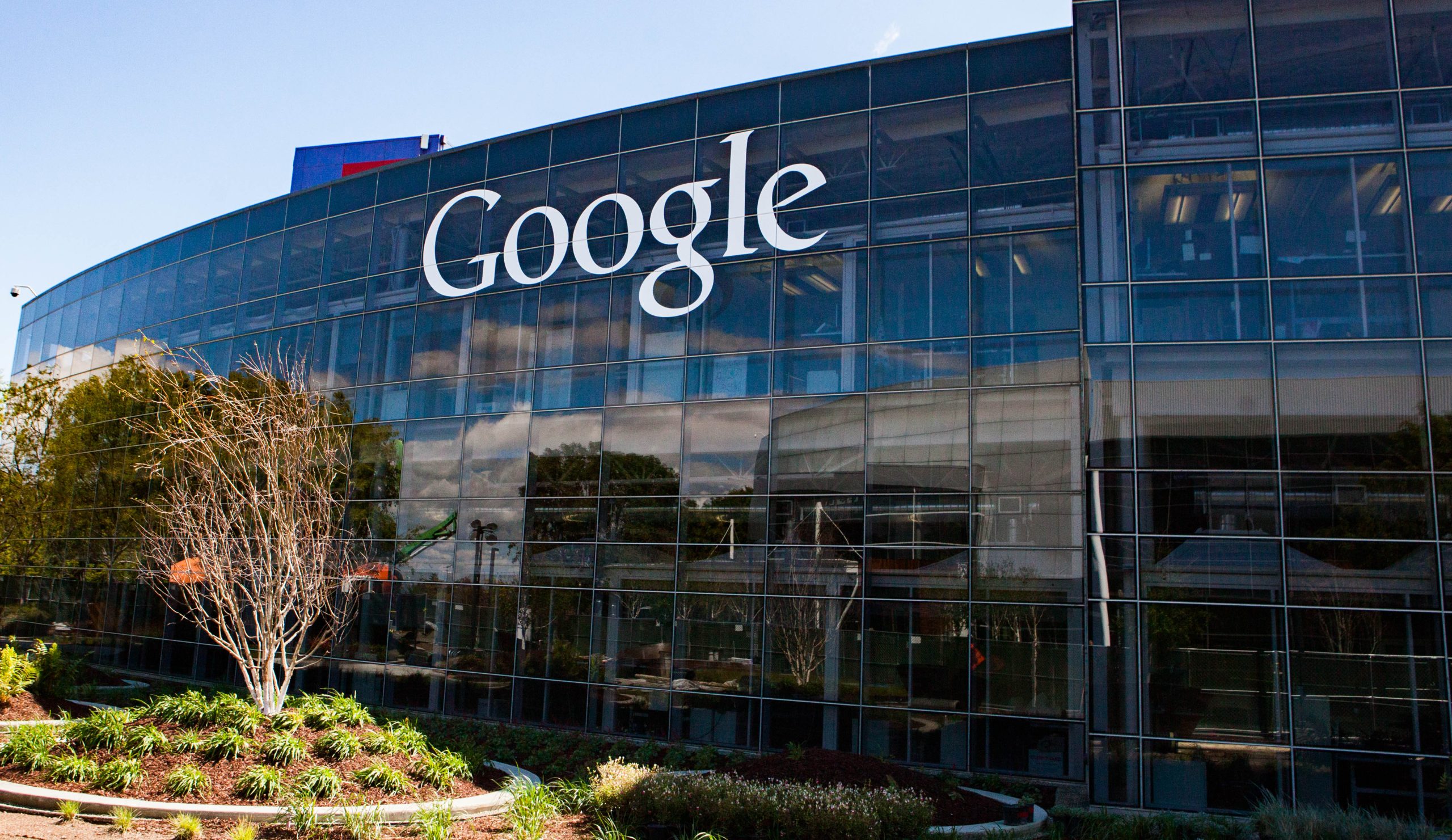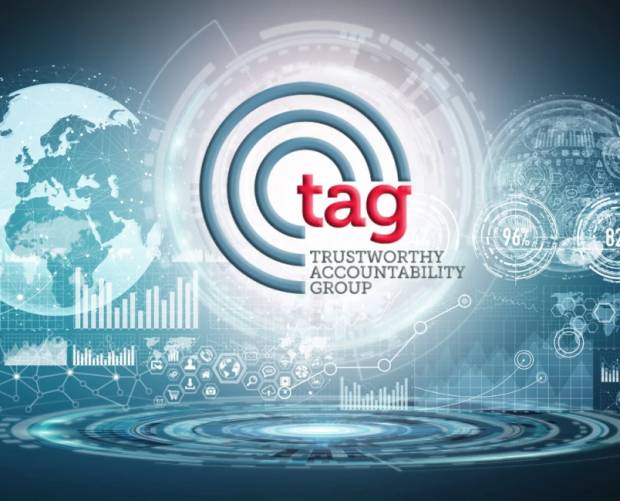Chinese social media users face harsh new rules on digital identity
- Tuesday, August 29th, 2017
- Share this article:
 Web users in China are facing a series of new rules from the Cyberspace Administration of China that will take effect from 1 October, clamping down on how citizens can make use of online services. The new rules, which require that internet platforms verify a user’s true identity before letting them post content online, are being criticised on social media for curbing free speech and infringing privacy.
Web users in China are facing a series of new rules from the Cyberspace Administration of China that will take effect from 1 October, clamping down on how citizens can make use of online services. The new rules, which require that internet platforms verify a user’s true identity before letting them post content online, are being criticised on social media for curbing free speech and infringing privacy.
China already has strict rules in place requiring online firms to run identity checks on their users, but the new guidelines represent a tightening of restrictions, with digital platforms potentially having to scan identity cards before allowing users to post online.
Online reaction has been split, with some welcoming the new guidelines as a way of stamping down on fake news and fraud online. However, others have voiced concerns that the new rules will result in public speech becoming more monitored by the government, with users unable to hide behind anonymity.
“After commenting on the government, one will be thrown in prison on charges of subversion of state power,” wrote one user, nicknamed mnbxkd, from Zhaoqing in Guangdong Province. Another user in Chongqing wrote that the changes “will lead to a lot of people not daring to speak the truth because they risk being invited to tea if they tell the truth!… Should we not talk about affairs of state?”
Being ‘invited to tea’ is Chinese slang for receiving a visit from law enforcement officials or other government agencies.
The new laws also raise concerns over how tech companies will manage this new level of data they hold on users, and how these laws will interact with the incoming GDPR regulations from Europe, which impose stronger controls on how any identifiable data is stored, transmitted or used.

















